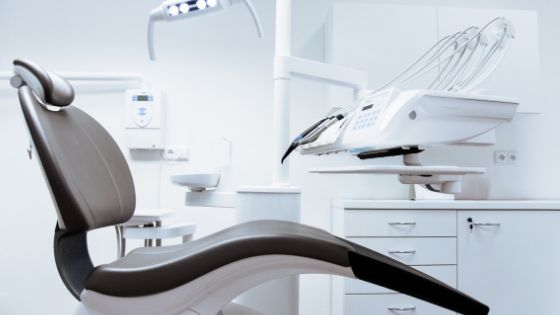Dental Fillings Post Op Instructions

Dental Fillings Post Op Instructions
Have you just had a tooth fixed with a filling at Green Dental Care? In this article, you’ll discover what you should expect once you leave our office. Read the instructions carefully and do as advised so that nothing goes amiss with the newly fitted filling.
Tooth Sensitivity
Some sensitivity to cold, heat or pressure is normal after getting a dental filling. The degree of sensitivity depends on how deep the cavity was. Dr. Green also reveals that tooth sensitivity is normally greatest within the first 24 hours after the dental filling has been fitted. This sensitivity will gradually reduce over the coming days. For some people, the tooth sensitivity can last a few weeks while others no longer experience it after a few days.
Contact your Parker dental care professional if the tooth sensitivity seems to get worse instead of reducing during the days after you get the dental filling.
Numbness
It is advisable to wait until you no longer feel numb, and then eat. Eating when still numb can result in biting your tongue, cheek or lip. Composite fillings usually set immediately, so the only thing stopping you from eating as soon as you leave Green Dental Care is the numbness.
If your child had a filling, watch him or her closely in the hours after the procedure. This is because the strange feeling caused by the anesthetic can make the child to chew on his or her lips, cheeks or tongue. Avoid the resultant damage by restraining your child from making this mistake.
Gum Soreness
Dr. Green, an emergency dentist in Parker, CO, explains that your gum is likely to feel sore for a day or two after you get the filling. This is especially true for the injection site used to administer the numbing agent.
To reduce this soreness, prepare a warm salt water solution and rinse your mouth with it several times each day. Simply add a teaspoon of salt to a cup of warm water and rinse your mouth about four times each day until the soreness stops bothering you.
Bite Issues
We asked our friend, Dr. Taher Dhoon, a dentist in Greeley, CO, about dental fillings. Dr. Dhoon says that the filling will feel strange in your mouth for a few days. This is because the filling is contoured differently and has a different texture from your natural teeth. Don’t let this textural difference bother you because your tongue will soon get used to it.
However, you should contact Dr. Green if your teeth don’t meet properly within a week or two after the filling was placed. The Parker dental care professional will schedule a simple adjustment in order to rectify that bite issue which you have identified.
Home Care
Dental fillings are designed to last a long time if properly taken care of. It is therefore imperative that you brush and floss on a daily basis. Have your teeth cleaned professionally at least twice each year, and go for a dental exam once a year. This will prevent the tooth with a filling from suffering from tooth decay.
As always, don’t wait for a scheduled visit to Green Dental Care if you have a query or concern about your fillings. Simply give Dr. Green a call or visit the dental office so that your concerns can be addressed as soon as possible.




